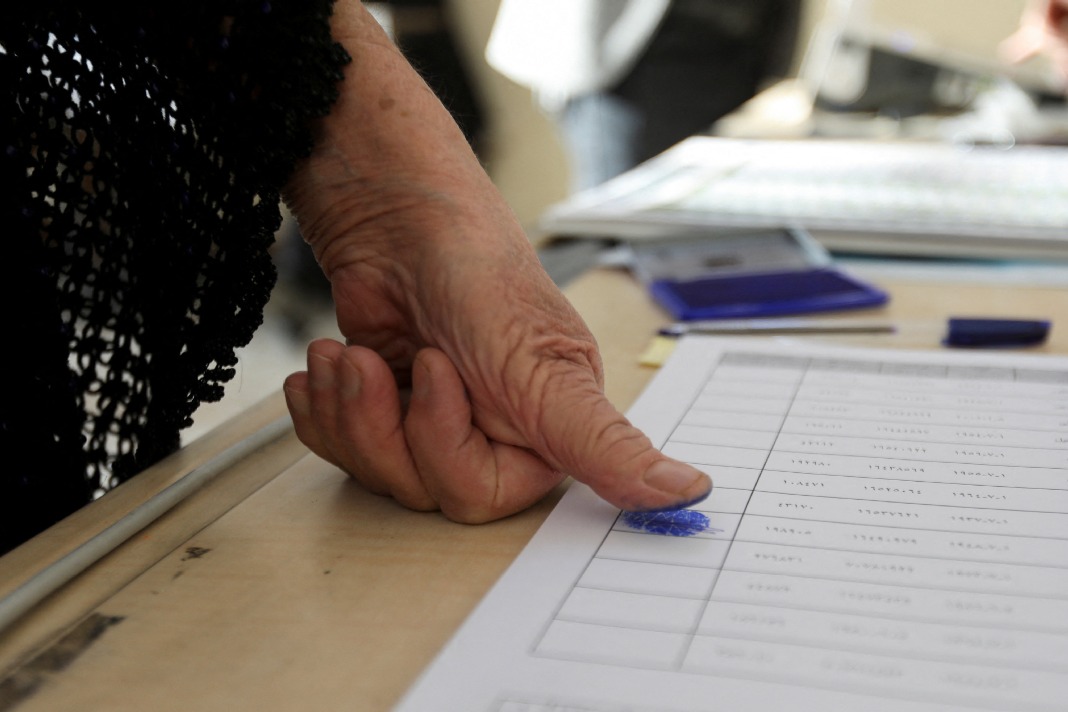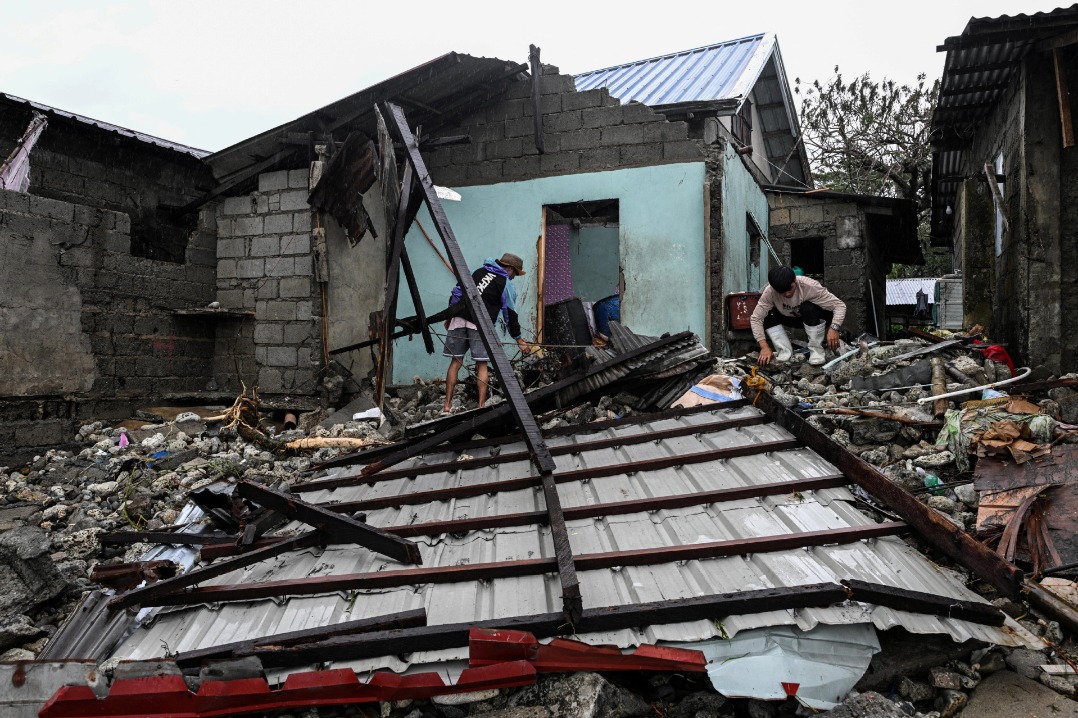Sarkozy on conditional release to appeal case

France's former president Nicolas Sarkozy has been freed from prison after serving three weeks of a five year sentence for involvement in a criminal conspiracy.
Sarkozy was granted conditional release pending appeal in a case alleging he sought election campaign funds from former Libyan leader Muammar Gaddafi.
Sarkozy, who led France between 2007 and 2012, remains under judicial supervision, and is banned from leaving the country, reported Agence France-Presse.
The 70-year-old may be required to wear an electronic tag at home, post bail, and report regularly to authorities as part of the arrangement.
Jailed on Oct 21, he became the first ex-leader of a European Union country to be imprisoned, and his legal team promptly sought his release.
Under French law, release is generally allowed pending an appeal trial, and with the appeal now underway Sarkozy is again presumed innocent, with the trial expected next year.
Before leaving La Sante prison in Paris on Monday afternoon, Sarkozy described his 20-day jail stint as a "nightmare".
During a court hearing on Monday, the former leader spoke from jail via video link about his imprisonment.
"It's hard, very hard — for any prisoner. I would even say it's grueling," he said.
He thanked prison workers, saying they "showed exceptional humanity and made this nightmare — because it is a nightmare — bearable".
His case was strengthened by the public prosecutor, who urged the court to free the former president under judicial supervision, including a ban on contact with other indicted individuals and witnesses.
"The risks of collusion and pressure on witnesses justify release under judicial supervision," said prosecutor Damien Brunet.
The court has barred the former president from contacting officials from Libya and from communicating with senior judicial figures in France, including Justice Minister Gerald Darmanin.
Last month, Darmanin visited Sarkozy, despite warnings from France's top prosecutor, Remy Heitz, that it could "undermine the independence of magistrates" ahead of the appeal.
The visit prompted 30 French lawyers to file a complaint, citing a conflict of interest given Darmanin's past ties and friendship with Sarkozy, reported the BBC.
Seen as a mentor to many conservative politicians, Sarkozy still carries influence and popularity on the French right, said AFP.
In La Sante prison, he was held apart from the general population, with two bodyguards in a neighboring cell for his protection.
Interior Minister Laurent Nunez said the arrangement was necessary given his status and "the threats against him".
He is the first French leader to be imprisoned since Philippe Petain, the Nazi collaborationist head of state jailed after World War II.
In a social media post after his release, Sarkozy said his "energy is focused solely on the single goal of proving my innocence".
"The truth will prevail ... The end of the story is yet to be written," he said.






























